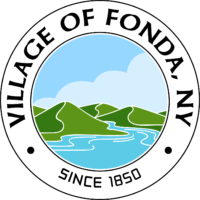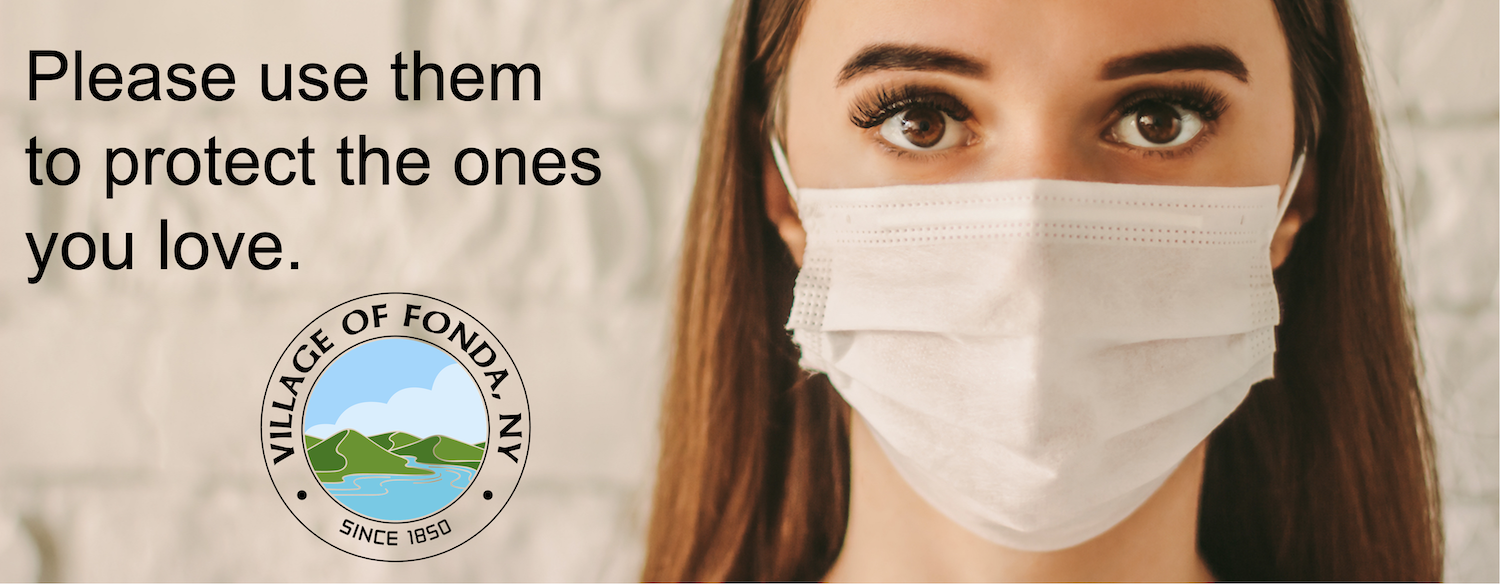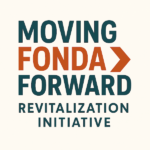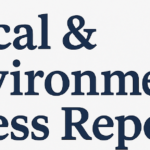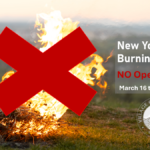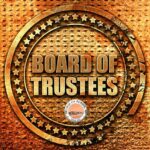Pursuant to Executive Order 202.16, signed by Governor Cuomo on April 12, 2020, effective Wednesday, April 15th at 8:00 p.m., “any employees who are present in the workplace shall be provided and shall wear face coverings when in direct contact with customers or members of the public. Businesses must provide, at their expense, such face coverings for their employees.”
This mandate applies to all employees working in public areas of licensed businesses including liquor stores, pharmacies, and grocery stores, in addition to restaurants, bars, and manufacturers providing food and alcoholic beverages for delivery and takeout. This provision may be enforced by local governments or local law enforcement as if it were an order pursuant to section 12 or 12-b of the Public Health Law. Businesses licensed to sell alcohol who fail to follow this Executive Order, or any other Executive Order, will be subject to SLA discipline.
The New York State Department of Health has posted guidance for essential businesses here: https://coronavirus.health.ny.gov/system/files/documents/2020/04/doh_covid19_eo20216employeefacecovering_041420.pdf
- Businesses are deemed essential by the Empire State Development Corporation (ESD), pursuant to the authority provided in Executive Order 202.6. Please visit the ESD website for specific information on essential businesses. For the purpose of this guidance, essential businesses shall also provide face coverings to contractors, including independent contractors.
- Face coverings include, but are not limited to, cloth (e.g. homemade sewn, quick cut, bandana), surgical masks, N-95 respirators, and face shields. Please visit the Centers for Disease Control and Prevention’s “Coronavirus Disease 2019 (COVID-19)” website for information on cloth face covers and other types of personal protective equipment (PPE), as well as instructions on use and cleaning.
- Direct interaction with the public shall be determined by the employer, but, at a minimum, shall include any employee who is routinely within close contact (i.e. six feet or less) with members of the public, including but not limited to customers or clients.
- Employees are allowed to use their own face coverings, but shall not be mandated to do so by their employer. Further, this guidance shall not prevent employees from wearing more protective coverings (e.g. surgical masks, N-95 respirators, or face shields) if the individual is already in possession of such PPE, or if the employer otherwise requires employees to wear more protective PPE due to the nature of their work (e.g. healthcare).
- Employees are required to wear face coverings when in direct contact with members of the public, except where doing so would inhibit or otherwise impair the employee’s health. Employers are prohibited from requesting or requiring medical or other documentation from an employee who declines to wear a face covering due to a medical or other health condition that prevents such usage.
- Employees who are unable to wear face coverings and are susceptible to COVID-19 based on the “Matilda’s Law” criteria (i.e. individuals who are 70 years of age or older, individuals with compromised immune systems, and individuals with underlying illnesses) should consult with their employer to consider reasonable accommodations, including but not limited to different PPE, alternate work location, or alternate work assignment with fewer interactions with the public. Employers should work with their employees to see if they can be accommodated to ensure the employee can continue to deliver essential services in the safest manner possible.
- If an employer is unable to procure, fashion, or otherwise obtain face coverings for their employees, they may consult with their local office of emergency management to determine if extra supplies exist within the municipality for this purpose and, if so, they may submit a request for face coverings. Please note that quantities are extremely limited and are prioritized for health care workers and first responders. Not being able to source face coverings does not relieve an employer’s obligation to provide such face coverings to their employees.
- Nothing in this guidance shall override the respiratory protection equipment requirements set forth by the United States Department of Labor’s Occupational Safety and Health Administration (OSHA).
Additional Information: New York State Coronavirus (COVID-19) Website https://coronavirus.health.ny.gov/
